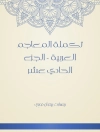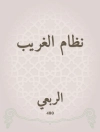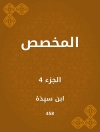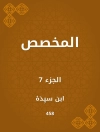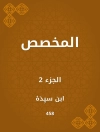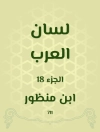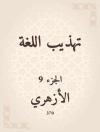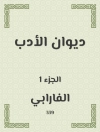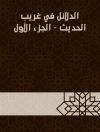Fully revised to reflect today’s media environment, this
new edition of Critical Media Studies offers students a
comprehensive introduction to the field and demonstrates how to
think critically about the power and influence of media in our
daily lives. Material new to this edition includes a chapter on
sociological analysis and reveals new ways audiences use media in
their everyday lives to manage social roles, relationships, and
contexts. Readers will also appreciate the extensive updating of
previously discussed examples to reflect contemporary industry
standards, textual forms, and audience behaviors and the inclusion
of more international material to reflect contemporary
media’s global reach.
Continuing its well-received writing style that is both engaging
and accessible, the book’s twelve perspectives provide
readers with a diverse array of critical approaches to media
studies, including original approaches such as erotic,
sociological, and ecological analysis. Combining the best of
well-tested theory with cutting-edge scholarship, this new edition
of Critical Media Studies, offers invaluable insights into
our current understanding of the nature and consequences of media
in today’s world.
Updated and enhanced online resources for instructors –
including Power Point slides, test bank, study guides, and sample
assignments – can be found at href=’http://www.wiley.com/go/criticalmediastudies’>www.wiley.com/go/criticalmediastudies.
Innehållsförteckning
Preface vi
1 Introducing Critical Media Studies 1
Part I Media Industries: Marxist, Organizational, and Pragmatic Perspectives 21
2 Marxist Analysis 23
3 Organizational Analysis 56
4 Pragmatic Analysis 81
Part II Media Messages: Rhetorical, Cultural, Psychoanalytic, Feminist, and Queer Perspectives 107
5 Rhetorical Analysis 109
6 Cultural Analysis 134
7 Psychoanalytic Analysis 162
8 Feminist Analysis 193
9 Queer Analysis 214
Part III Media Audiences: Reception, Sociological, Erotic, and Ecological Perspectives 243
10 Reception Analysis 245
11 Sociological Analysis 266
12 Erotic Analysis 285
13 Ecological Analysis 312
14 Conclusion: the Partial Pachyderm 335
Appendix: Sample Student Essays 351
Glossary 375
Index 382
Om författaren
Brian L. Ott is Associate Professor of Media Studies in the Department of Communication at the University of Colorado Denver. He is the author of The Small Screen: How Television Equips Us to Live in the Information Age (Wiley Blackwell, 2007) and co-editor of It’s Not TV: Watching HBO in the Post-Television Era (2008).
Robert L. Mack is a Ph D candidate in the Department of Communication Studies at the University of Texas at Austin. His writing has appeared in The Journal of the Fantastic in the Arts and The Journal of GLBT Family Studies.


